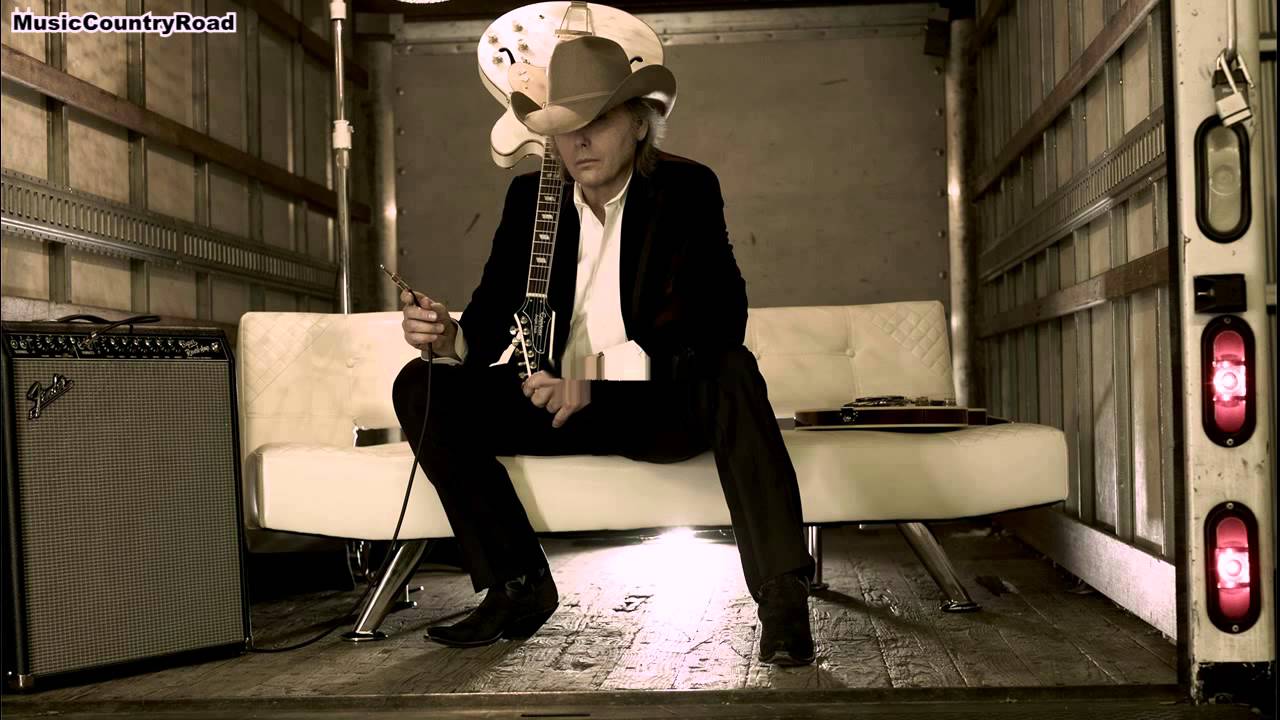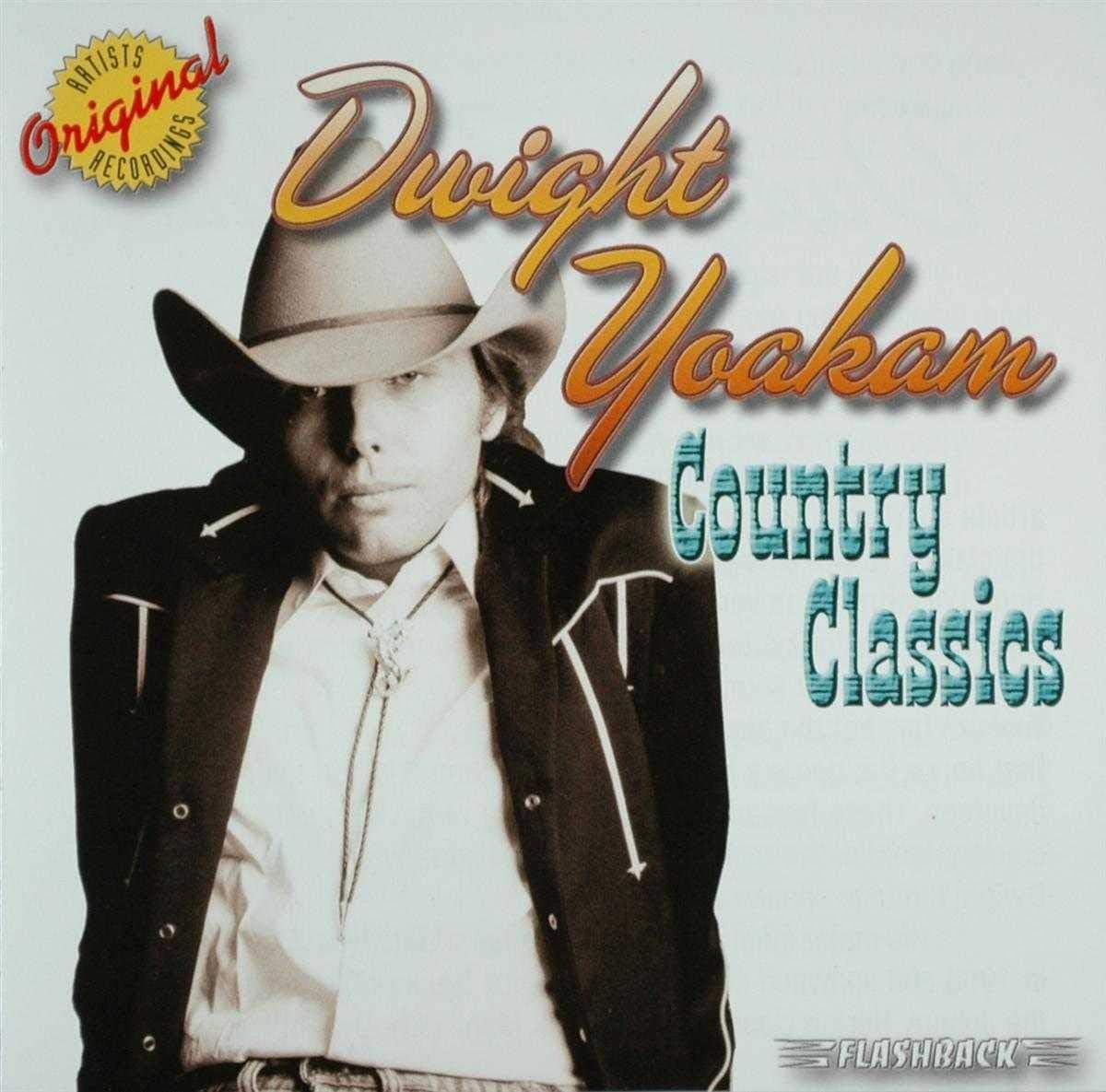
A heartfelt country rendition that breathes new life into a beloved classic about longing and vulnerability.
When Dwight Yoakam released his soulful interpretation of the timeless rock tune “I Want You To Want Me”, he wasn’t merely covering a song; he was crafting an intimate musical conversation between past and present, nostalgia and innovation. Originally penned by Rick Nielsen and famously recorded by Cheap Trick in 1977, this song had already secured a cherished place in the hearts of music lovers by the time Yoakam brought it back to life on his celebrated 2000 album, “Tomorrow’s Sounds Today.”
Upon its release, Yoakam’s version resonated deeply with fans of both country music and classic rock, effortlessly climbing the Billboard Hot Country Singles & Tracks chart to peak at number 49 in the year 2000. While it might not have topped charts as some of his earlier hits had done, Yoakam’s rendition was warmly welcomed as an authentic reinterpretation, showcasing his versatile artistry and deep reverence for musical traditions.
Dwight Yoakam’s choice to cover “I Want You To Want Me” was no mere coincidence or whimsy; rather, it was born from profound respect and genuine appreciation for the original artists and their lasting impact on American music culture. Known for his unique ability to bridge genres seamlessly—blending honky-tonk heartache with rock-and-roll urgency—Yoakam found in this classic track an emotional depth perfectly suited to his distinctively plaintive voice and evocative style.
The story behind Yoakam’s recording is one steeped in heartfelt admiration and deliberate artistic contemplation. He consciously moved away from Cheap Trick’s energetic pop-rock approach, opting instead for a slower tempo that emphasized emotional vulnerability. By doing so, Dwight unveiled layers of melancholy and yearning hidden beneath the surface of the original upbeat melody. His gentle twang and carefully measured phrasing transformed a familiar tune into a deeply personal confession of longing and desire, compelling listeners—particularly those who had grown up alongside Cheap Trick—to pause, reminisce, and reflect upon their own youthful days of romantic uncertainty.
Beyond simply revisiting nostalgia, Yoakam infused this song with his signature touch—a thoughtful blend of traditional country instrumentation, tasteful steel guitar flourishes, and heartfelt vocal sincerity. This careful arrangement allowed him to showcase the underlying emotional complexity within deceptively simple lyrics: words that speak powerfully to universal feelings of vulnerability and hopefulness that span generations.
For many older listeners who had first encountered “I Want You To Want Me” during simpler times—days filled with youthful dreams, carefree laughter, and bittersweet romances—the slow-burning sincerity of Dwight Yoakam’s cover offered a poignant reconnection with their own pasts. Each verse became not merely lyrics sung but memories relived: late-night dances under soft lights, whispered promises beneath starry skies, the quiet ache of unreturned affection.
In essence, Dwight Yoakam’s version is more than just another reinterpretation; it is an eloquent tribute to timeless songwriting craftsmanship—a respectful nod towards musical predecessors—and above all else, an honest exploration into human emotional longing. Whether you discovered it fresh in 2000 or rediscovered it decades after Cheap Trick’s original release, “I Want You To Want Me” as performed by Dwight Yoakam remains profoundly touching precisely because it speaks gently yet powerfully across generations.
Listening today still evokes powerful feelings—reminding us vividly that no matter our age or experience—deep down we all remain vulnerable souls seeking connection: wanting someone special to want us just as earnestly as we want them.
